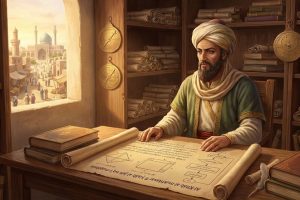
DIY Biology and Community Labs: The Promise and Peril of Citizen Science in the 21st Century
DIY biology and community labs are transforming science from elite institutions to grassroots movements. Discover their promise for innovation and education — and the hidden risks of safety, regulation, and misuse.





















